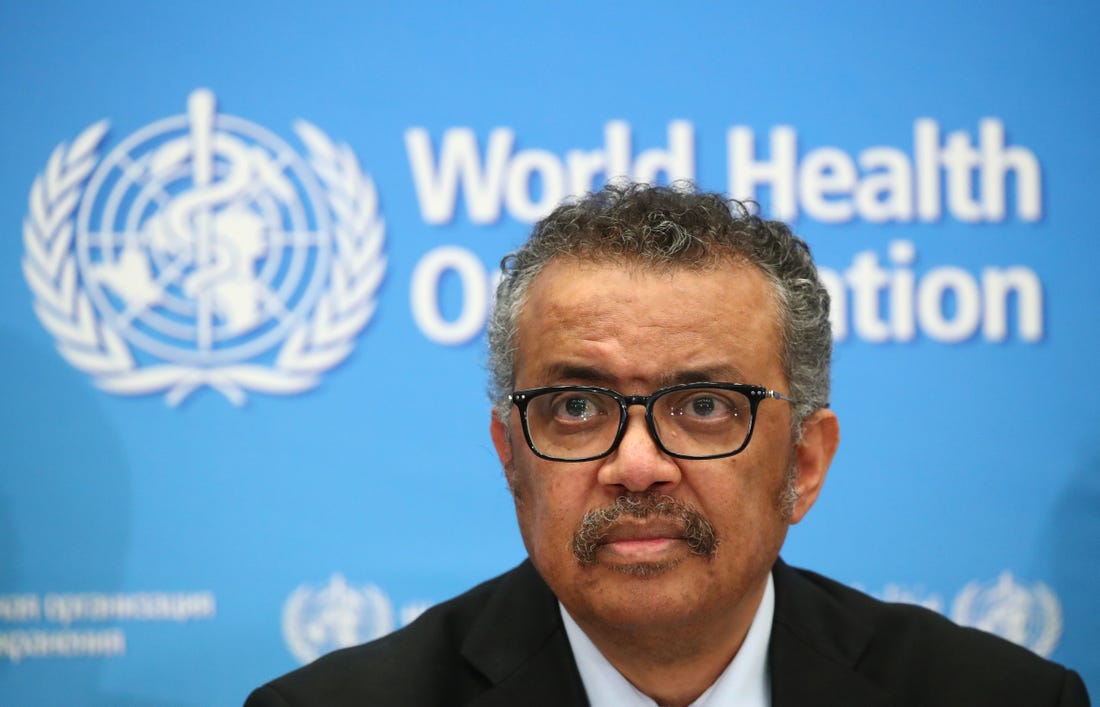Primarily, the novel coronavirus disease (COVID-19) can be spread through person-to-person contact and droplets (sneeze, cough) of infected persons.
Since it is also spread through contaminated objects, there have been concerns that banknotes could transmit the dreaded virus.
This concern escalated recently when a UK Telegraph article quoted a World Health Organisation (WHO) official as validating this fear.
“We know that money changes hands frequently and can pick up all sorts of bacteria and viruses.
“We would advise people to wash their hands after handling banknotes, and avoid touching their face. When possible it would also be advisable to use contactless payments to reduce the risk of transmission,” a spokesman for WHO was quoted as saying.
However, the world body has come out to clarify the comment, saying it was “misrepresented”.
MarketWatch quoted WHO’s spokesperson, Fadela Chaib, stating in an email that, “WHO did NOT say banknotes would transmit COVID-19, nor have we issued any warnings or statements about this.
“We were asked if we thought banknotes could transmit COVID-19 and we said you should wash your hands after handling money, especially if handling or eating food.
Read Also: I’ll unveil spiritual formula to cure coronavirus on Wednesday – Bishop Sam Zuga
“Doing so is good hygiene practice,” Chaib said.
The WHO spokesperson went ahead to present 10 preventive measures to avoid contracting COVID-19:
“Clean your hands regularly with an alcohol-based hand rub, or wash them with soap and water.”
“Clean surfaces regularly with disinfectant – for example kitchen benches and work desks.”
“Educate yourself about COVID-19. Make sure your information comes from reliable sources.”
“Avoid traveling if you have a fever or cough, and if you become sick while on a flight, inform the crew immediately. Once you get home, make contact with a health professional and tell them about where you have been.”
“Cough or sneeze into your sleeve, or use a tissue. Dispose of the tissue immediately into a closed rubbish bin, and then clean your hands.”
“Take extra precautions to avoid crowded areas if you are over 60 years old, or if you have an underlying condition.”
“If you feel unwell, stay at home and call your doctor or local health professional.”
“If you are sick, stay at home, and eat and sleep separately from your family, use different utensils and cutlery to eat.”
“If you develop shortness of breath, call your doctor and seek care immediately.”
“It’s normal and understandable to feel anxious, especially if you live in a country or community that has been affected. Find out what you can do in your community. Discuss how to stay safe with your workplace, school or place of worship.”




 Premier League
Premier League